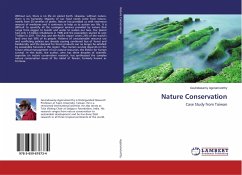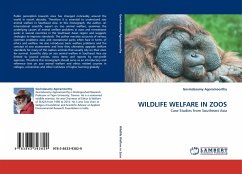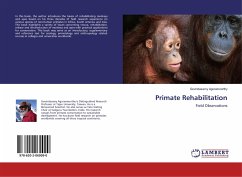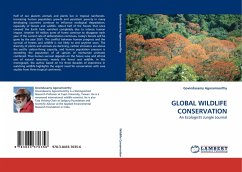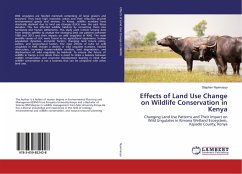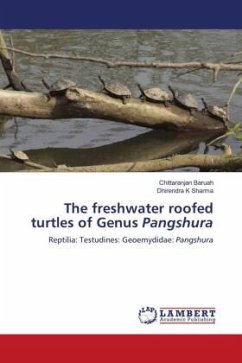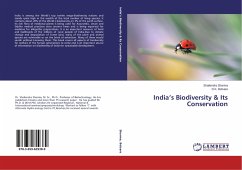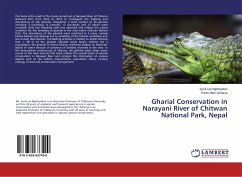Without sun, there is no life on planet Earth. Likewise, without nature, there is no humanity. Majority of our food needs come from nature, mainly from 20 varieties of plants. Nature has provided us with enormous amount of medicines and it continues to help us to sustain our life. It is difficult to quantify all the ecological services provided by nature that range from oxygen to breath and water to sustain our lives. Our planet had only 1.5 billion inhabitants in 1900 and the population soared to over 7 billion in 2011. The Asia and the Pacific region covers 23% of the world's land area but 58% of its people. Patterns of unsustainable resource use and conflicting policies are already causing continued loss of forest and biodiversity, and the demand for forest products can no longer be satisfied by sustainable harvests in the region. Thus human survival depends on the future ethical management of our natural resources, the lifeline for human survival. In this book, the author, who has three decades of scientific expertise on nature conservation research, has synthesized the complex nature conservation issues of the island of Taiwan, formerly known as Formosa.
Bitte wählen Sie Ihr Anliegen aus.
Rechnungen
Retourenschein anfordern
Bestellstatus
Storno

